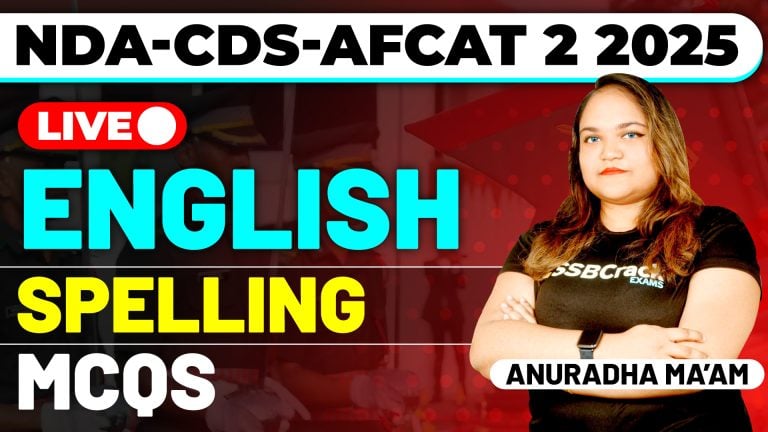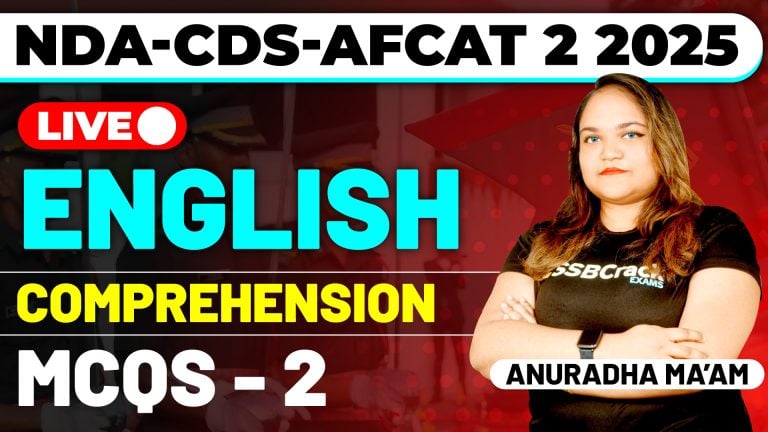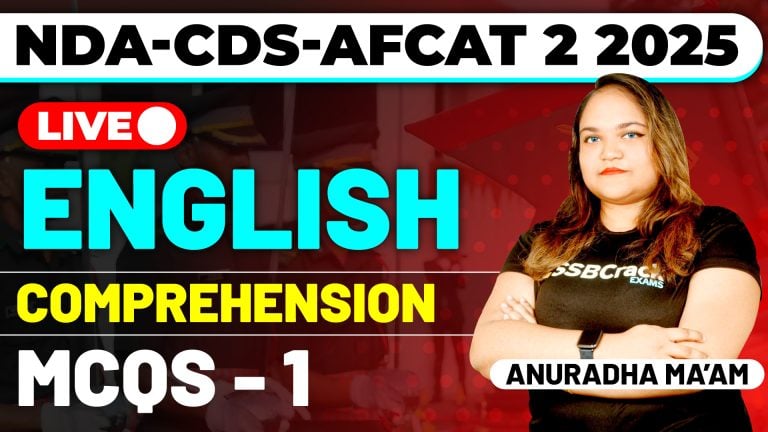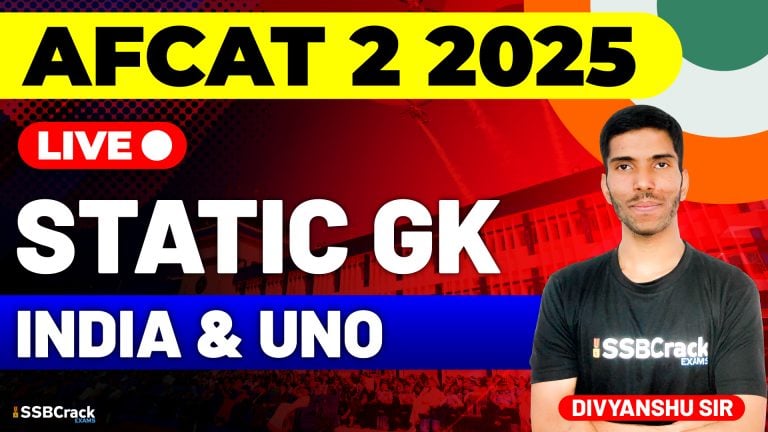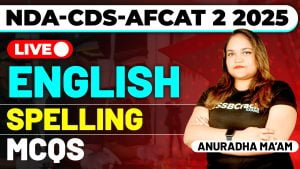The Air Force Common Admission Test (AFCAT) is a competitive exam that paves the way for a career in the Indian Air Force. The Maths section of the AFCAT exam is a significant component that demands strategic preparation. This blog post will provide an analysis and study plan for the AFCAT 2 2024 Maths exam.
Exam Pattern
The AFCAT Maths paper consists of multiple-choice questions, with each question carrying equal marks. The duration of the exam is 2 hours. Understanding this pattern is crucial as it aids in time management during the exam.
Syllabus
The syllabus for the Maths section is comprehensive. It includes topics such as Decimal and Fraction, Time and Work, Average, Profit & Loss, Percentage, Ratio & Proportion, Simple Interest, and Time & Distance (Trains/Boats & Streams). Familiarity with the syllabus is the first step in the preparation journey.
Topic Weightage
Analyzing the weightage of topics as per previous year question papers can provide a clear idea about which topics to concentrate on. Generally, topics like Decimal Fraction, Time and Work, and Percentage have a higher weightage. However, it’s advisable not to neglect any topic as questions can come from any part of the syllabus.
Strategy
A well-planned strategy is the key to crack the Maths section of the AFCAT exam. Here are some points to consider:
- Understand the Basics: Start with understanding the basic concepts of each topic. This will help in solving complex problems.
- Practice Regularly: Regular practice is the key to success. Solve as many sample papers and previous year’s question papers as you can.
- Time Management: Learn to solve questions within the stipulated time. This can be achieved with regular practice.
- Revision: Regular revision of topics is necessary to keep the concepts fresh in your mind.
- Stay Updated: Keep yourself updated with any changes in the syllabus or exam pattern.
In conclusion, cracking the Maths section of the AFCAT exam requires understanding the exam pattern, being thorough with the syllabus, knowing the weightage of topics, and having a well-planned strategy. Remember, consistent effort and regular practice are the keys to success. All the best!





